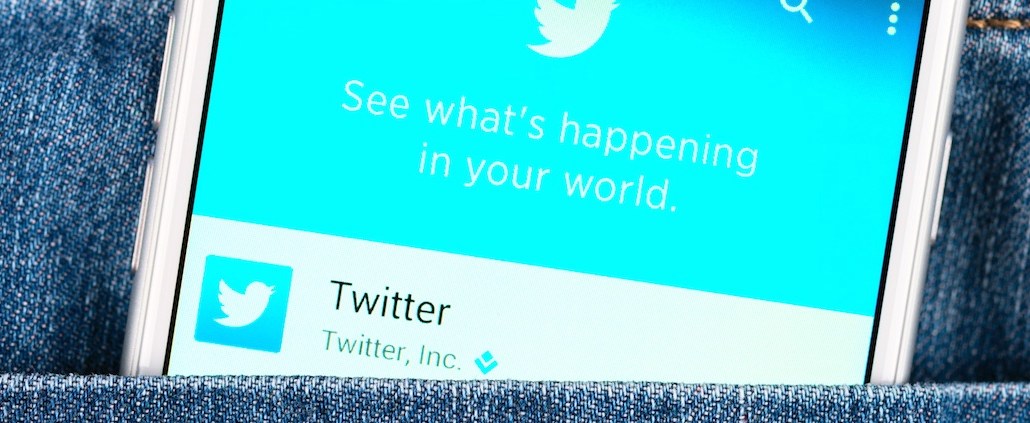Last chance to save on Digiday Publishing Summit passes is February 9

Twitter is betting that even if people don’t log in, it can still target them with ads — with Google’s help.
In an interview with Digiday, Twitter head of U.S. ad sales Matt Derella discussed Twitter’s deepening relationship with Google. He said that Twitter is in beta tests with some big advertisers, which he wouldn’t name, to show improved direct-response marketing, which has been a tough area for Twitter. For the first time, Twitter is using DoubleClick, developing better ad tech, to try to show advertisers that ads are impacting sales and other important metrics.
“We can provide the same level of deliverable results that we can with logged-in users,” Derella said.
Google is critical to Twitter because it shows tweets in its search results and helps sell ads when people click through to Twitter. Twitter has more than 300 million active users but claims it hits another 500 million people who visit the site and view tweets on outside media every month.
Twitter does not say how many visitors it gets from Google, but Google is clearly an increasingly important part of its business.
Twitter has changed the look of its platform for when those non-users visit from Google or anywhere else. This month, it made it so the mobile homepage shows a logged-out version of Twitter.
The ads that are served to these visitors are mostly targeted by interest, based on the type of tweet they are viewing. For instance, during the Super Bowl, Marshawn Lynch retired from football and announced it with a tweet.
“We do have that understanding of where people are coming from,” Derella said. “If they click on a Marshawn Lynch tweet, then we’ll make some assumptions … and we’ll develop a profile to serve the most relevant ad possible.”
Targeting is one of the biggest demands from advertisers, and the larger the logged-in user base, the better a platform knows its users.
Facebook, with its 1.5 billion users, and its Instagram, with 400 million, are creating tough competition for Twitter, according to Adam Berke, president of AdRoll, an ad targeting technology platform.
“Our customers remain interested in Twitter. They have highly engaging ad units and a valuable audience,” Berke said. “Questions remain around the progress of the ad platform and, of course, scale.”
Twitter has been working on its ad technology to dispel those concerns about the platform. Derella said that performance is improving even on direct-response ads that marketers use to drive specific metrics like downloads and sales.
“DoubleClick is a key partner to measure the success of the direct-response effort,” Derella said.
The importance of Google is not lost on investors, who have soured on Twitter and are looking for bright spots. Analyst Robert Peck of SunTrust Robinson Humphrey said that Twitter has not made enough money from Google yet.
“Google search continues to provide strong traffic but is not being monetized well. DoubleClick integration for analytics (DCM) is in active beta and the technical integration for bid manager is underway. We expect more updates on these going forward,” Peck wrote in a recent note to investors.
More in Media

Brands invest in creators for reach as celebs fill the Big Game spots
The Super Bowl is no longer just about day-of posts or prime-time commercials, but the expanding creator ecosystem surrounding it.

WTF is the IAB’s AI Accountability for Publishers Act (and what happens next)?
The IAB introduced a draft bill to make AI companies pay for scraping publishers’ content. Here’s how it’ll differ from copyright law, and what comes next.

Media Briefing: A solid Q4 gives publishers breathing room as they build revenue beyond search
Q4 gave publishers a win — but as ad dollars return, AI-driven discovery shifts mean growth in 2026 will hinge on relevance, not reach.





